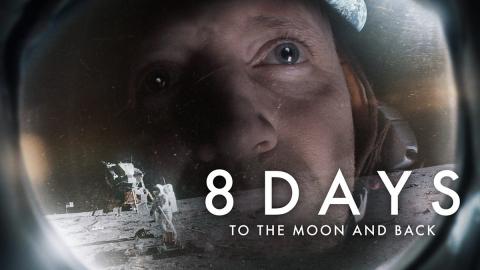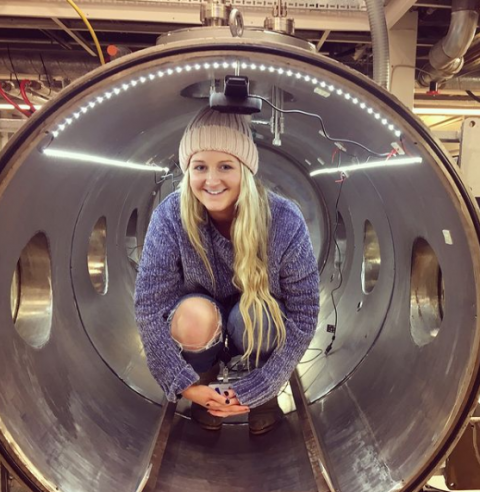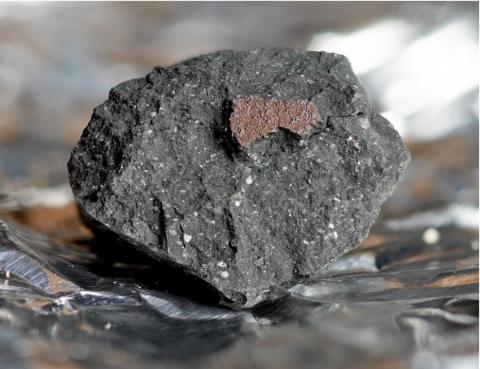News
Hardware upgrades at OpenScience Observatory in Tenerife
The OpenScience Observatory’s Tenerife facilities finally received their long-awaited hardware upgrade, one year late due to COVID travel restrictions. PIRATE is now sporting a 24-inch astrograph, while its 17-inch predecessor has moved to COAST where it replaced the smaller 14-inch telescope.
Commissioning is well advanced, all systems are operational, and first deep-sky images by Sam Jackson will whet the appetite of telescope.org and OpenLearn users. For more information go to @PirateOU on Twitter.
PhD researcher involved in ‘active asteroid’ school outreach in South Wales
At the recent Royal Astronomical Society’s National Astronomy Meeting, Open University PhD student Helen Usher presented details of the work undertaken by a group of primary schools in South Wales to observe and measure an asteroid which has developed an unusual long tail, which is very rare behaviour normally only associated with an icy comet.
Asteroid 2005 QN173 recently began to develop a tail and is being studied with great interest by professional and amateur astronomers around the globe.
STFC funding for research on the Winchcombe meteorite
Researchers from the School of Physical Sciences have been involved in the ongoing analyses of the Winchcombe meteorite aptly named after the Gloucestershire town where it landed. Winchcombe is an extremely rare type called a carbonaceous chondrite, which is a stony meteorite rich in water and organic matter that has retained its chemistry from the formation of the Solar System.
ExoMars science at Royal Society Summer Science Exhibition
Some of our researchers are involved with this year's Royal Society Summer Science Exhibition 2021, which is taking place online from Thursday 8th July to Sunday 11th July, as part of an event called 'Exploring Mars' led by the University of Leicester.
Knowledge partner for MK:IF Museum of the Moon
The School of Physical Sciences are collaborating with the Milton Keynes International Festival as part of the Open University's knowledge partnership. We have provided OpenLearn resources to support Luke Jerram's 'Museum of the Moon' installation, which will be in Tree Cathedral, Newlands from July 22nd to 25th 2021. Measuring seven metres in diameter, the Moon features 120dpi detailed NASA imagery of the lunar surface.
Success at the Learning on Screen Awards
Congratulations to Professor of Planetary Science and Exploration Mahesh Anand and the team which produced '8 Days: to the Moon and Back' for winning two awards at the Learning on Screen Awards last week. '8 Days: to the Moon and Back' won Best Creative Use, and also the prestigious Learning on Screen’s Premiere Award.
Ice, sand and the spiders from Mars in the laboratory
Researchers from The School of Physical Sciences at The Open University (OU) have recreated the formation of spider-like patterns on Mars in their labs. This provides the first physical evidence that these features can be formed by a unique process unlike anything seen on Earth.
Congratulations to Heidi Thiemann at the Parliamentary & Scientific Committee’s STEM for Britain Awards ceremony
Congratulations to Heidi Thiemann who has just won the Bronze Medal in the Physics category at the 2021 Parliamentary & Scientific Committee’s STEM for Britain Awards ceremony, for early career researchers. See https://stemforbritain.org.uk/ for information.




